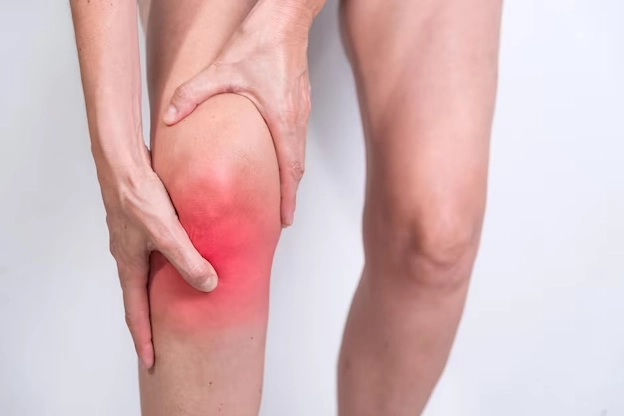Tendinitis Causes, Symptoms & Treatment
Tendinitis or tendonitis is a painful condition of the tendons (the connective tissue between your bones and muscles). Tendons are thick cords of connective tissues that join your muscles to bones. Tendinitis occurs in joints such as knee, hip, elbow, shoulder and at the base of the thumb (Achilles tendon). The term tendinitis or tendonitis is used interchangeably. In simple terms, tendinitis is the inflammation of tendons. The most common reason for this type of problem is repetitive activities and motions of the joint. In severe cases of tendinitis, moving the joint becomes difficult with acute pain and tenderness.
Tennis elbow, Golfer’s elbow, Pitcher’s shoulder, swimmer’s shoulder are the common examples of tendinitis.
Tendinitis causes, symptoms, treatment
Involvement in repetitive action or activity over a period of time may lead to tendinitis. For instance, making the same movement of your hands, legs, elbow joints over and over again can lead to tendinitis. The risk augments if you don’t perform your activity correctly.
Athletes are at higher risk – especially those who play basketball, bowling, tennis or golf.
People who are in jobs that require repetitive tasks or motions, overhead lifting, excessive physical work or exertion are at risk.
The risk of tendinitis increases with age, injury, rheumatoid arthritis and diabetes and also by the use of certain medicines.
Older people lead sedentary life with minimum activity. Aging and inactivity can lead to lower flexibility of tendons making them prone to wear and tear and injuries.
Tendinitis Symptoms
- Pain in and around the affected joint
- Dull achy joint
- Joint looks tender to touch
- Pain augments if someone touches the affected area
- Pain increases with movement
- Swelling
- Tightness makes it difficult to move the joint
Diagnosis
Your orthopedic doctor performs a physical examination of the affected joint. The doctor will also ask you about the symptoms and your medical history. Your doctor will also check tenderness and a range of motions. You should tell the doctor about any past or recent injuries, involvement in sporting activities or physical exercises, use of prescription or over-the-counter medicines. Based on the requirement, you doctor may order, X-rays, Ultrasound or MRI scan.
When to see your orthopedic doctor?
You can take care of mild tendinitis by yourself adopting recommended measures and home-based remedies. However, when symptoms persist and trouble you making your routine activities difficult, then you should consult your orthopedic doctor.
Treatment
Taking rest, heat or ice application, use of OTCs and doing exercises and stretches that help build, strengthen muscles and improve mobility will help.
In severe cases your orthopedic doctor may recommend use of supports such as cane, braces or splints, physical therapy and injections (corticosteroids). In extremely painful and severe cases, your doctor recommends surgery to remove inflammatory tissue.
Why you should treat Tendinitis in time?
Tendinitis complications: Symptoms can become progressively worse if they last long interfering with daily activities. The risk of tendon rupturing is very high, if you don’t treat it properly. And, if the tendon ruptures, surgery becomes mandatory. Tendinosis is a degenerative condition of the tendon associated with severe pain and inflammation. Tendinitis can lead to this condition if the symptoms left undressed for several weeks or months.


